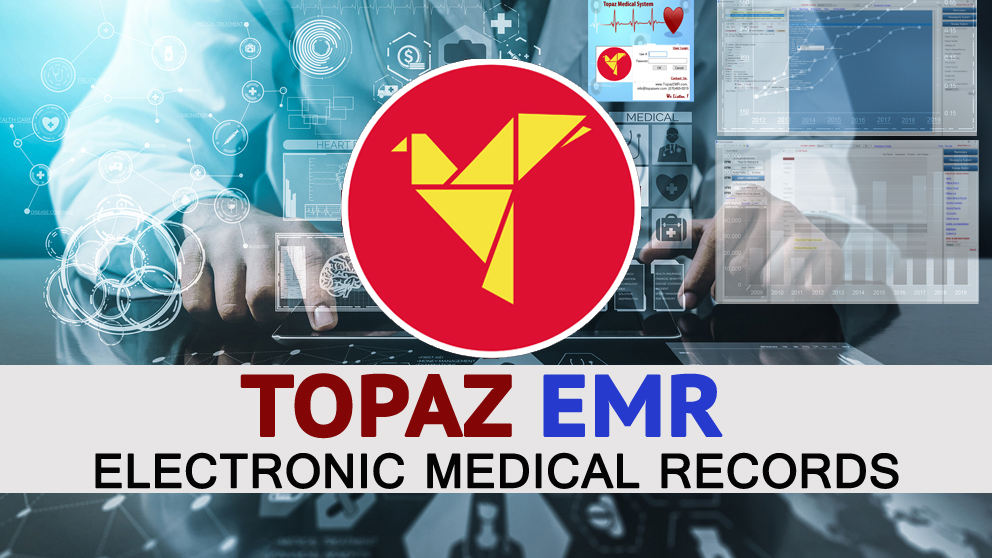Issued by the 15th High-Level Meeting on Health and the Economy
SEOUL, Republic of Korea – With populations aging and digital technologies reshaping healthcare, Asia-Pacific health ministers gathered in Seoul for the 15th APEC high-level meeting on health and the economy, underscoring the critical role of health systems in driving economic resilience and productivity and inclusive growth.
Opening the meeting, Jeong Eun-kyeong, minister of health and welfare for the Republic of Korea, emphasised the emerging health challenges affecting the region and the urgency to harness innovative technologies.
“At present, the Asia-Pacific region faces new health challenges amid demographic changes, the rise of chronic diseases, and growing social and economic instability, accelerated in the wake of the pandemic. Expectations for healthcare services continue to rise, yet disparities in medical personnel and resources remain,” said minister Jeong.
“These complex changes remind us of the need to harness innovative technologies to strengthen the effectiveness of our health systems, to seek sustainable solutions for aging populations, and to devote greater care to the mental health challenges faced by future generations.”
Health accounts for 4 percent of GDP in APEC economies and directly affects productivity and growth. In a region of 2.9 billion people, the share of those over 65 will nearly double to 22 percent by 2050, while non-communicable diseases are expected to cause more than 80 percent of all deaths.
Eduardo Pedrosa, executive director of the APEC Secretariat, noted that the forum’s health agenda has evolved from emergency response to long-term system strengthening.
“Since 2020, APEC’s health agenda has moved from commitment in our pandemic response, to delivery through concrete roadmaps and capacity-building, and now to what comes next—addressing long-term challenges of demographic change and digital health,” Pedrosa said.
“By strengthening cooperation and turning ideas into action, APEC economies can better prepare for demographic change, harness digital innovation, and deliver long-term health security for our region.”
“Moving ahead, we need to continue cross-fora collaboration, especially with groups handling the digital economy. Data will be a cornerstone of improved treatment and research,” Pedrosa added.
Ministers discussed how APEC economies can adapt health systems to rapid demographic shifts and technological change. They explored ways to harness artificial intelligence to improve diagnostics and care coordination, promote healthy ageing through long-term care and digital health literacy, and strengthen youth mental health by expanding access to services and reducing stigma.
Ministers also advanced their discussion by launching three major initiatives: The APEC Regional Dashboard on Vaccination Across the Life-Course, The Roadmap to Advance Dengue Prevention and Control for 2026–2030, and The Roadmap to Accelerate Cervical Cancer Elimination for 2026–2030. These initiatives aim to cut delays in treatment, improve early access to vaccines, and save lives across the region.
By advancing collective strategies, economies aim to link health and economic policy, strengthen resilience, and sustain growth across the Asia-Pacific.
Read the full 2025 APEC High-Level Meeting on Health and the Economy Joint Statement
The post Demographic change and digital innovation shape Asia-Pacific’s health agenda appeared first on Caribbean News Global.

